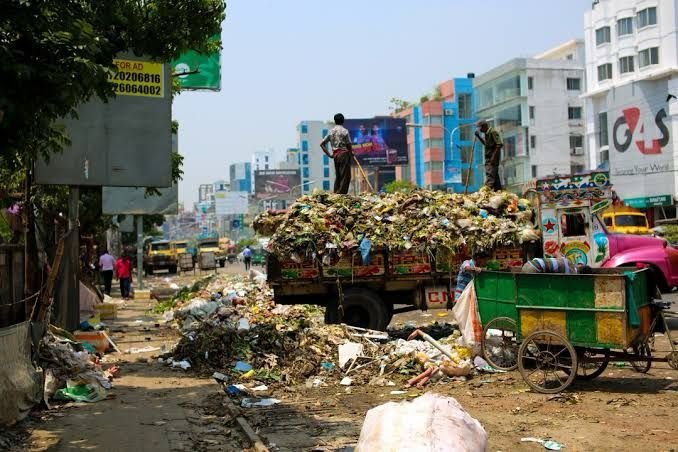Pakistan is facing a severe environmental crisis as recent reports rank the country among the most polluted in the world. Air pollution levels in major cities like Lahore and Karachi have consistently exceeded World Health Organization (WHO) guidelines, posing serious health risks to millions. According to IQAir’s data, only seven countries met WHO’s air quality standards in 2024, highlighting the alarming global pollution levels.
The situation in Pakistan has worsened due to factors like industrial emissions, vehicular pollution, and seasonal smog. The 2024 India–Pakistan smog event significantly impacted air quality, causing widespread respiratory illnesses and straining healthcare systems. The thick layer of smog not only disrupted daily life but also led to school closures, flight delays, and increased hospital admissions due to breathing difficulties and other health complications.
Addressing this growing environmental concern requires immediate policy actions, stricter emissions regulations, and regional collaboration to control transboundary pollution. Public awareness campaigns and sustainable urban planning are essential to promote cleaner energy solutions and reduce dependency on fossil fuels. Without urgent intervention, Pakistan’s air pollution crisis could continue to escalate, affecting public health and economic productivity.







